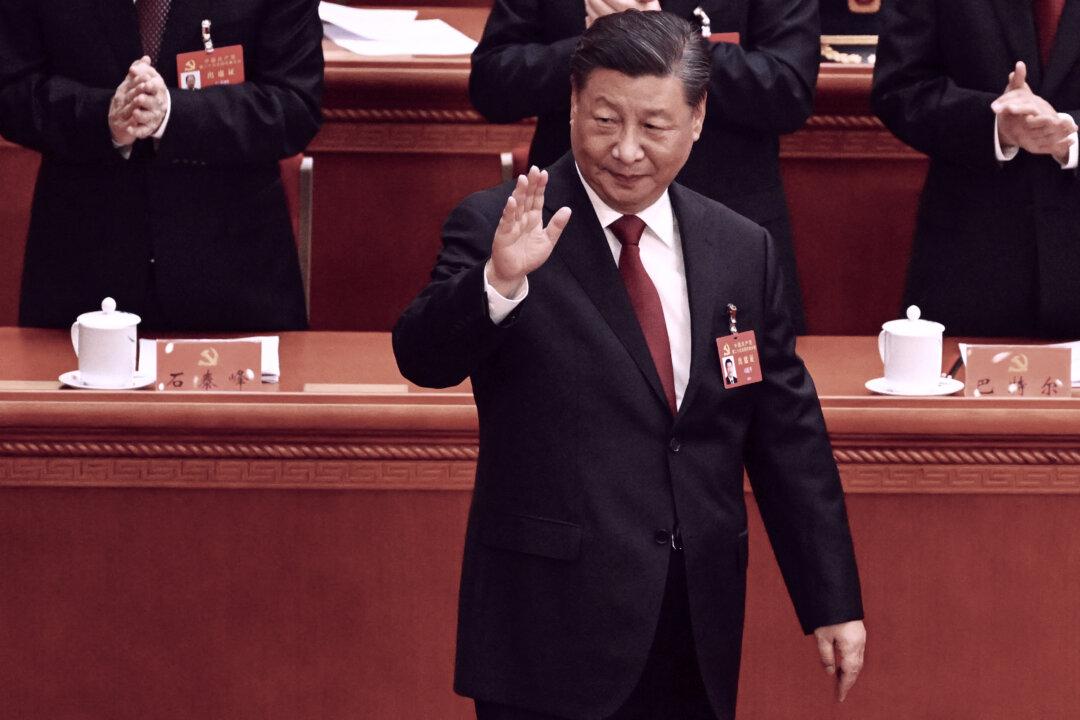As the country’s economy loses momentum, Chinese Communist Party (CCP) leader Xi Jinping is shifting the basis of his legacy to conquering Taiwan, though there is no indication of a looming invasion, according to analysts.
Xi’s speech at the opening of the 20th Party Congress, a twice-a-decade-event, on Oct. 16 received the biggest applause when he praised the Party’s determination to quash Taiwan’s independence.




